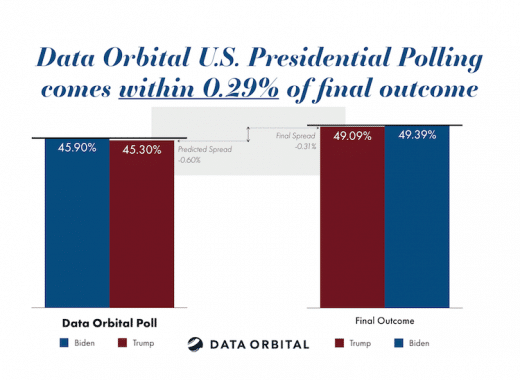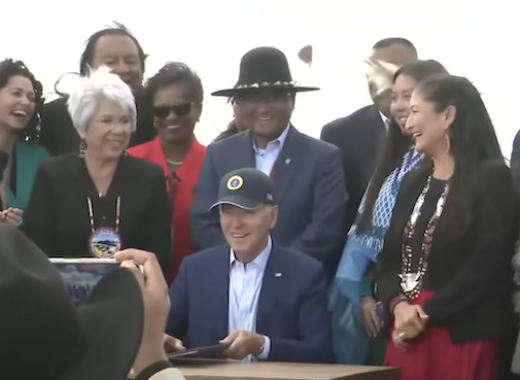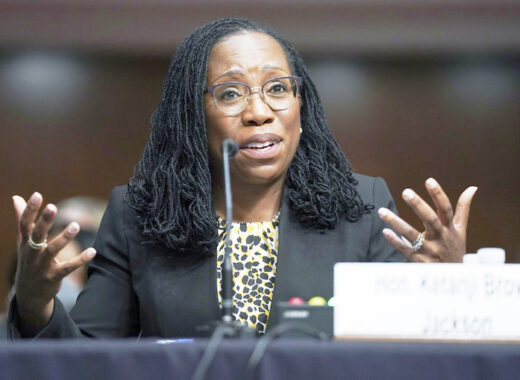 It’s easy to think of Congress as a reactionary body, hesitant to be proactive. On some issues, though, lawmakers are looking forward, rather than backward. The latest example is a bill lawmakers are considering that would ensure America’s seniors can benefit from the next generation of cancer screening technology.
It’s easy to think of Congress as a reactionary body, hesitant to be proactive. On some issues, though, lawmakers are looking forward, rather than backward. The latest example is a bill lawmakers are considering that would ensure America’s seniors can benefit from the next generation of cancer screening technology.
The Multi-Cancer Screening Coverage Act would enable the Medicare program to cover what are known as multi-cancer early detection (MCED) tests. These new technologies look for cancer signals in a person’s blood and can screen for dozens of different types, enabling doctors to detect the disease at some of its earliest stages. This will have a tremendous benefit for millions of people at risk of developing cancer. Ask any doctor or cancer specialist what the key to treatment is, and they will all say catching cancer as early as possible is the best way to successfully beat it.
While we have the ability to detect some cancers early – like prostate cancer – the vast majority of deadly cancers do not have available early screenings and are therefore more likely to be detected in later stages when treatment is more difficult and more expensive. Put another way: this bill will save lives, especially in the underserved communities of our state, where cancers tend to be detected at more advanced stages.
Arizona’s own Congressman David Schweikert was one of the first lawmakers to sign on in support of this legislation. Now, an unprecedented 260 members of the House and 61 members of the Senate have joined him. But despite such overwhelming support from our elected officials and hundreds of cancer and health organizations across the country, dysfunction in Congress has distracted attention from what unites the parties, and the bill has yet to come to a vote.
Congress must act urgently. Without changes to the law, Medicare can’t cover new cancer screenings like it does other healthcare services. So once these tests receive the go-ahead from the Food and Drug Administration, they risk languishing in bureaucratic limbo for years. That would leave our loved ones in Arizona needlessly at risk of developing cancer and waiting for a test that should’ve been readily accessible.
Helping the most vulnerable across our nation is something our elected leaders were sent to Washington to do, and passing this bill is a significant way to honor that commitment. I met with several of our representatives on a recent visit to the Capitol and am extremely grateful for their time and their willingness to listen and learn about the other healthcare issues our organization is advocating for, such as the bipartisan Facilitating Innovation Nuclear Diagnostics (FIND) Act and a greater focus on nuclear medicine. I hope they will also continue to support those of us in the cancer advocacy community, follow Rep. Schweikert’s lead and make the Medicare Multi-Cancer Screening Coverage Act a priority this year.
Delaying seniors’ access to groundbreaking cancer technology would be a great injustice. Cancer certainly doesn’t wait. Neither should Congress.
Bruce Williams is the President of the Arizona Prostate Cancer Coalition








